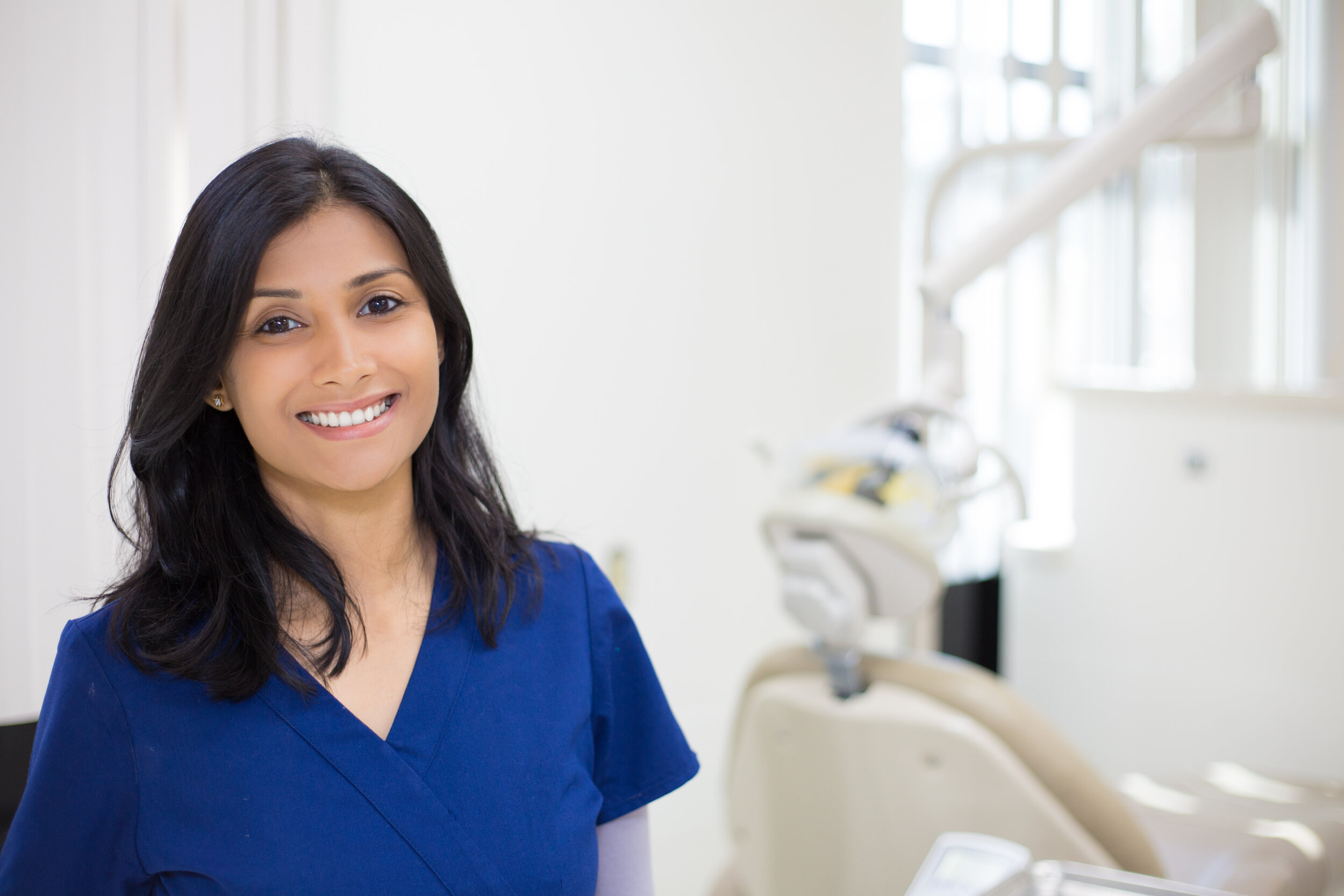
Selecting A Dental School.
So you’ve decided studying Dentistry is for you! The next step is to determine where to apply. In the UK, with only four choices, you must be certain that these dental schools are suited to you.
Use the factors and determinants described in this article to help with your selection.
6 crucial factors when determining your choice for dental school
With so many choices of dental schools, it can be difficult to know if the four universities you choose are the best match for you. There maybe lots of questions running through your mind, do I choose a lecture based course or PBL, shall I live near home, should I choose a university that doesn’t need the BMAT.
We’ve put together the main factors which tend to influence decision making when deciding where to choose. By no means is this a definitive solution, but will certainly function as a guide.
Location
When it comes to location there are a few things for you to consider. There are several factors that you can use in helping make this decision. These include: distance from university to your home location, the city of the university, the cost of living, the campus and the accommodation.
To aid in making your choice, visiting university open days is so important to not only see the campus and ask questions that you may have, but also to get a feel of the city where you may have to spend 4 to 5 years of your time in.
It is worth visiting the university campus, area where the dental school is located and the city of the university.
Course structure
Each university has a different style of teaching, and it is important to identify which style will work best for you. Currently, the 3 major teaching styles are Enquiry Based Learning (EBL), Problem Based Learning (PBL) and lecture-based learning. It is recommend reading up on each through university websites and attending open days where you can attend taster learning sessions e.g. ‘Sample EBL sessions’ to find out how each teaching style differs so you can work out which one suits you the best.
Another important factor to consider is the nature of the clinical exposure you will get. The amount of time you spend on clinic and with patients, outreach programmes, electives and hospitals vary across the country. Speaking to students and reading about course structure on university websites is the best way to get an understanding of the benefits and negatives of the clinical side to the course.
Opportunities Available
Every university is unique in the sense that it offers different opportunities, be it academic or social.
If you are more academically inclined, you may prefer universities that provide you the opportunity to join research societies or do an intercalated degree.
On the other hand, other universities may have societies that you really like (dental or non-dental related), so speaking to students and going to the student union is the perfect way to check out societies.
Success Rates
By contacting universities or looking into their website, you may be able to find out your chance of being successful for interview, and after interview. Whilst some universities will accept about 65% of people after interviews, others accept up to 35%. If you know this information, you can give yourself a few ‘safe options’ to increase your chances of obtaining an offer. It is recommended having 1 safe option, then choosing 3 universities that you really loved.
UCAT & BMAT
Your UCAT/BMAT, Personal Statement, GCSE grades and predicted grades will be used differently by each university. Contacting each university to find out how they use each of these data pieces in their selection procedure will give you a better idea of where you are more likely to be interviewed at.
For example, QMUL uses a 50:50 weighting on academic and UCAT whilst Bristol gives GCSE 15% weighting, A-Level predicted/achieved 15% weighting and personal statement and UCAT 35% each. Once you have this information for your top choices, it may make it easier to narrow your choices down.
Ranking
University league tables can be a useful guide to gauging a university based on objective measures. It is important, however, to only use this as a guide and think about the other factors mentioned previously.
Universities ranking tables may use criteria such as: Entry standards, student satisfaction, research quality, research intensity and graduate prospects.
For any league table, you should carefully appraise how the ‘rank’ has been decided and importantly base your decision on the previously aforementioned factors too.
University Open Days
In addition to the above factors, the University open days can really help with determining your choice. These days are a great way to meet current students, view the dental facilities, experience the campus and have a glimpse of the city.
It is strongly recommended that you visit every University that you aim to apply to. Find out early what dates the open days will be and use our ‘Open Day Checklist’ to objectively compare UK Dental Schools.
Your Choices
Where Shall I Submit My Choices?
Applications are submitted via Universities and Colleges Admission Service (UCAS), details of which can be found at www.ucas.com.
How Many Dental Schools Can I Choose?
Applicants can only use four choices from the possible five to study ‘Dentistry’ .
Will the university’s know what my choices are?
Universities are not made aware of applicants' other chosen universities, but is aware if an individual applies to that University for another course subject i.e. for Dentistry and Biomedical Sciences.
If I do select a 5th choice will this negatively impact my entry?
Applications for other programmes should not affect your application for Dentistry. It is strongly recommended that the personal statement is reflective of your ambition to study Dentistry only, and not the 5th choice. Universities will understand that your 5th choice cannot be Dentistry as such will understand that your statement wont be tailored for this additional subject.
Learn more about 5th choice options







